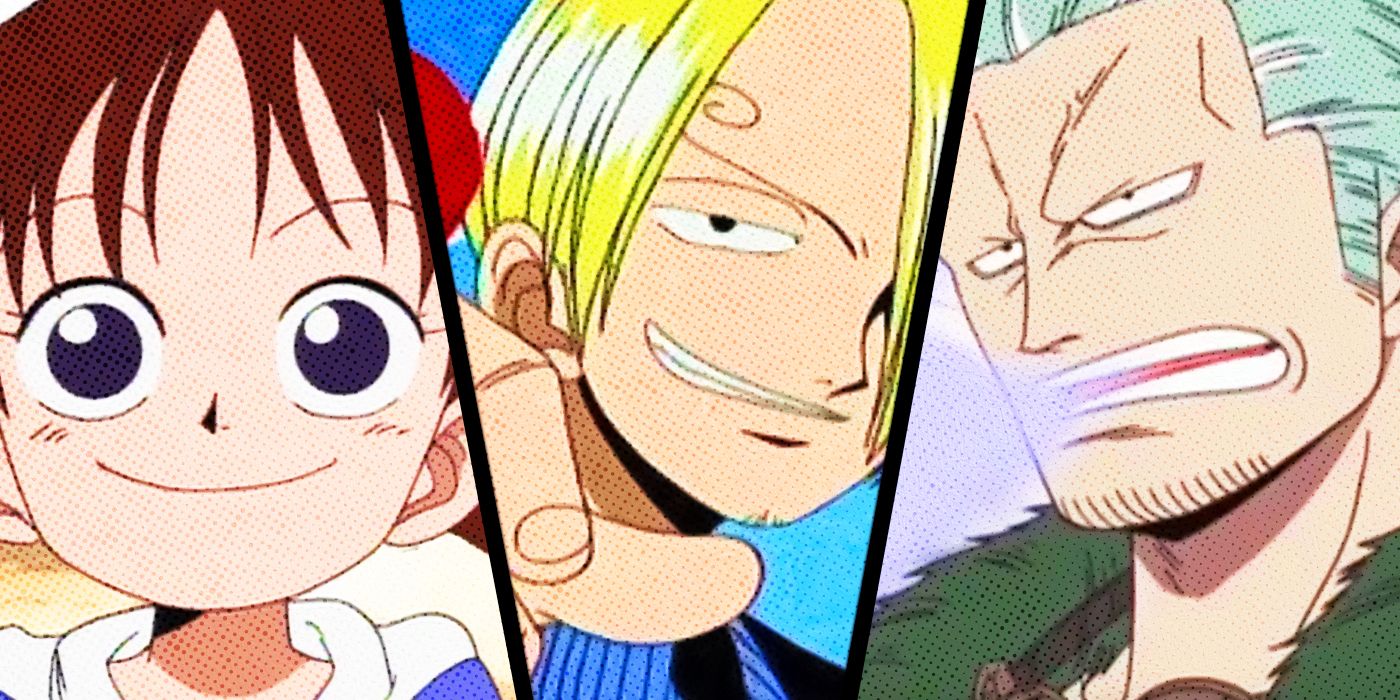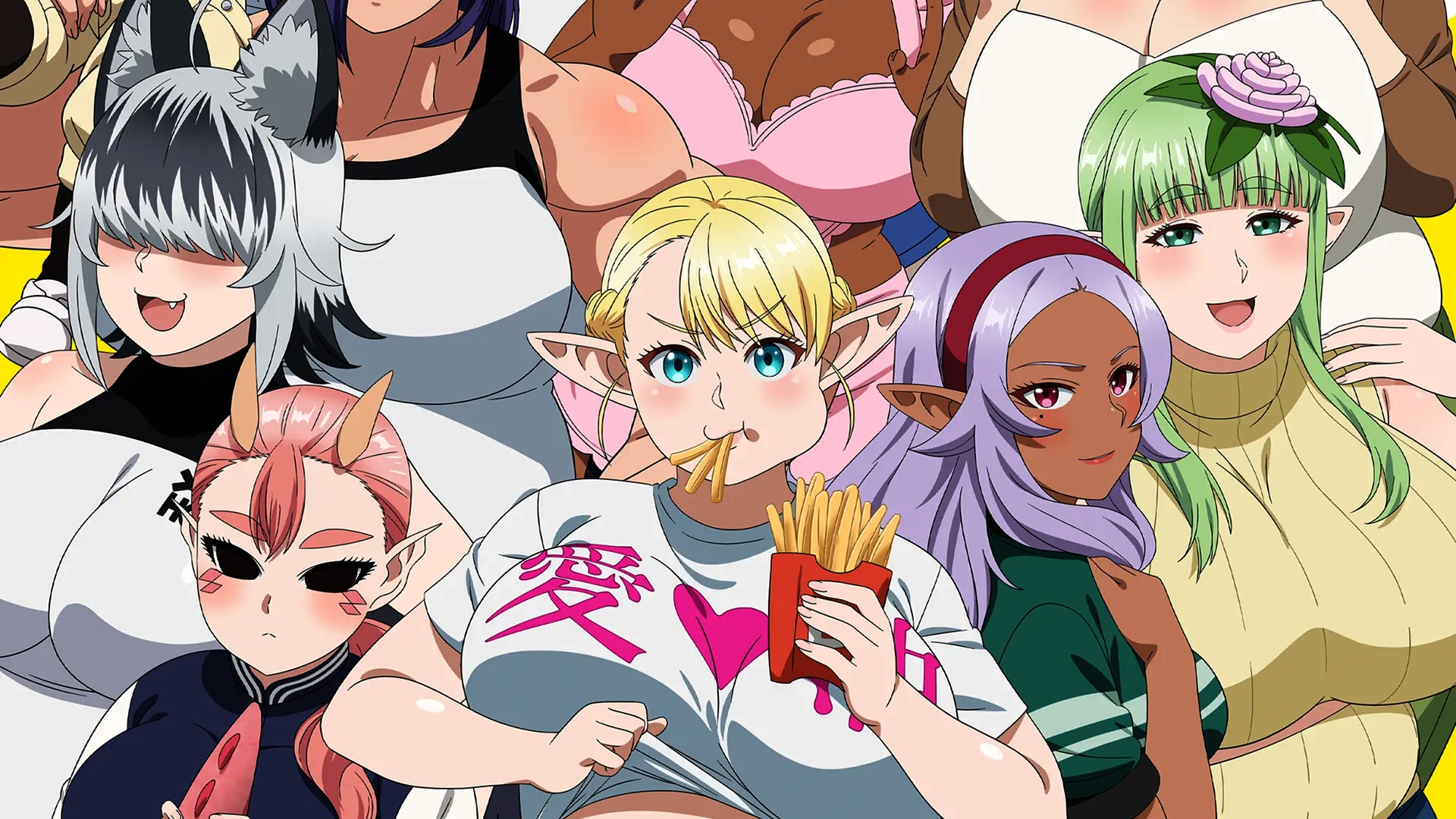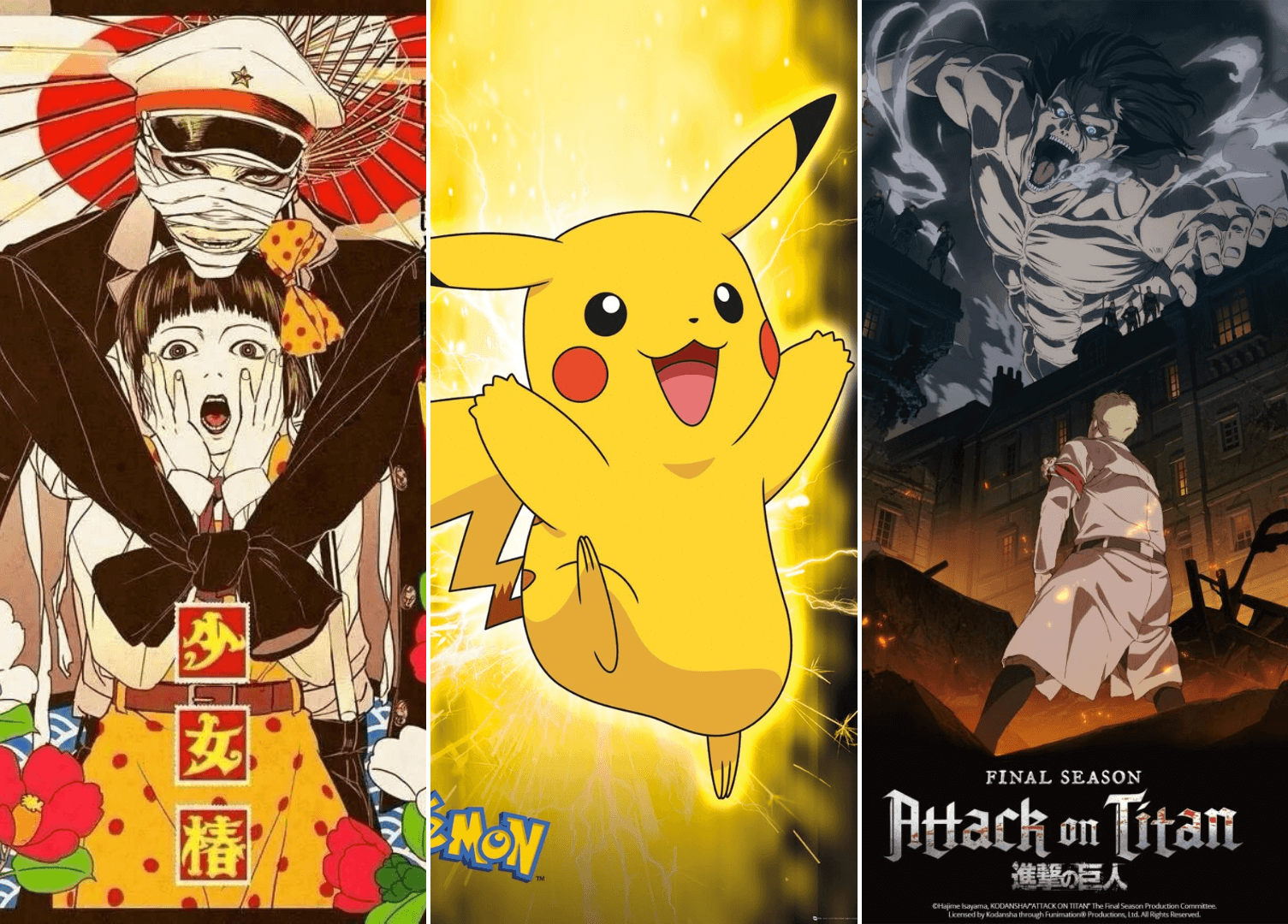Otaku Culture
They think there are no kind people left in Japan.
Advertisement
Recently, a heated debate has arisen among Japanese netizens about the perception that kindness in Japanese society is in danger of extinction. This debate was sparked by a comment posted on Twitter, which resonated deeply among users of the platform. The comment said:
- «Why are there so many rude people in Japan? They are not kind to children. They are not kind to old people. They are not kind to people without money. They are not kind to people with children. They are not friendly to people with disabilities. They are not friendly to foreigners. They are not kind to people who have problems. There are simply more malicious people. Why is that? We didn't have that education, right?
- Is it because we don't have enough money anymore? No, there are many rich people who seem to have a bad temper. Politicians also seem to have a bad temper, especially those from the Liberal Democratic Party and the People's Democratic Party, as well as Yuriko Koike. If we were asked whether we prefer kind or mean people, no one would doubt it. I'm tired of people not being nice anymore.».

The comment sparked an avalanche of responses and discussions on social media, with many users sharing their own experiences and theories about why kindness seems to be disappearing in Japanese society. Some agreed that economic pressure and rising inequality could be contributing factors to this perception. Others pointed to a crisis of values, arguing that education and culture have focused too much on personal success and competitiveness, neglecting the importance of empathy and courtesy.
Some users highlighted that the economic situation in Japan, characterized by growing inequality and job insecurityaffected people's emotional well-being and ability to be kind.
- «There is no benefit to being nice. Do you give food or shelter to the homeless? That is the answer.»
- «Compared to before the war, we are much kinder. People today would have a mental breakdown in pre-war times.»
- «If kindness is related to economics, then this will only get worse.».
- «We weren't cool before.»
- «In capitalism, good people are eliminated. It is a society where those who do bad things win and are not found out.»
- «Even if they are discovered, they are somehow forgiven. Kind and serious people are mistreated.»
- «There are a lot of crazy people at my work. This is over now.»
- «Corporal punishment, bullying and intimidation in the workplace were the norm in Japan before.»
- «Japan has changed since Abe's second term.»
- «There is no money, there is no time, there is no peace of mind.»
- «It wasn't an intentional harm. People understood kindness and faked it, but it wasn't as common to see fake kindness.»
- «We should reconsider the unfounded idea that “the Japanese have always been kind.” There is sufficient evidence of what they were like before and during the war.»
- «The personal attacks and denials in this tweet reinforce the idea that nice people have disappeared.»
- One historian said the world is not becoming right, but rather “infantilizing.” Immature people are becoming visible and gaining influence by connecting with one another.»
- «The networks have only made visible what has always been there. There has always been evil.»
- «If those below helped each other, they might one day unite and threaten those above. It is better for them to remain as they are.»
- «Kind people are weak. Being nice is the only good thing about them, so it's natural that they are eliminated.»
- «The level of morality has increased. We have been taught not to bother others, so people in trouble are seen as lazy.»
- «The use of smartphones and the decrease in reading have promoted superficial interactions.»
- «The collapse of the lifetime employment system and the craze for things like YouTube, where going viral translates into profit, make being serious and working hard seem silly.»
Source: Yaraon!





